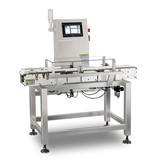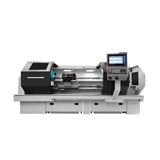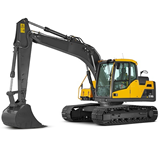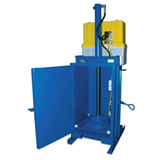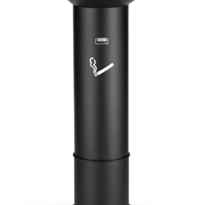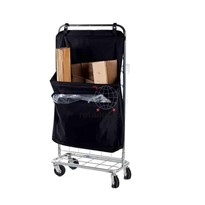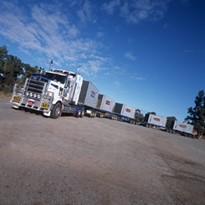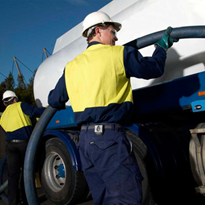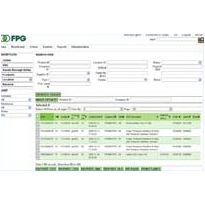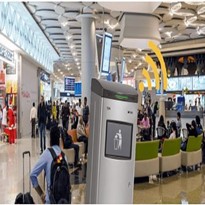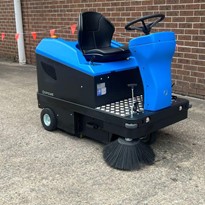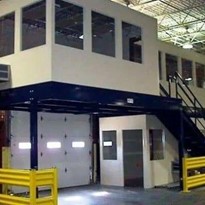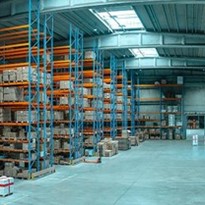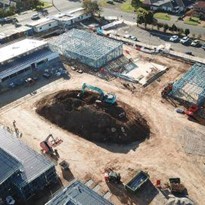When we look at distribution warehouses in almost every industry, efficient waste management is not just about cleanliness - it's a strategic move that can significantly reduce costs and enhance sustainability efforts.
The Case for Compactors
At the heart of many large distribution warehouses, the choice of waste disposal equipment plays a pivotal role. Compact and efficient, compactors offer a compelling solution by reducing labour, minimising site traffic, and demonstrating a commitment to sustainability. By replacing traditional bins with compactors, warehouses can streamline waste handling processes, leading to substantial operational savings and a reduced environmental footprint.
Managing Different Waste Streams*
Consider the variety of waste streams typically found in distribution centres:
- Soft Plastic: Currently managed by 6 x 1100 Sulo bins, transitioning to a baler could cut down on collection costs and streamline operations by reducing traffic in busy areas. For instance, with bin hire costs at $10.21 and collection fees at $16.30 per week, the annual expense amounts to $8,000. Switching to a baler, such as the Compact 3120, can eliminate these costs, offering an ROI of under two years. Additionally, recyclers often collect baled soft plastic at no charge, reducing site traffic and operational disruptions.
- Mixed Waste: Typically handled by 6 x 1.5m³ bins, general waste disposal incurs premium charges, costing around $73.85 per bin plus $15.35 for collection, totalling over $27,000 annually. A multi-chamber waste compactor encourages waste sorting at the disposal point, significantly reducing the volume of waste sent to transfer stations and landfills. This approach can decrease waste disposal costs by 15-20%, with an ROI of under two years.
- Cardboard: Managing cardboard waste can be surprisingly labour-intensive. Flattening boxes manually consumes between 1.5 to 2 minutes per box. For a team of eight staff members, this adds up to 13 minutes daily per person, equating to $170 in daily labour costs (assuming an $85/hour employment cost). This translates to a real cost of $878 per week. A cardboard baler, such as the ORWAK Power 3820, can significantly reduce labour time while generating rebates from recyclers at a nominal rate of $70 per ton. This results in an ROI of under two years.
Financial Benefits*
Beyond operational efficiency, each waste management upgrade offers a compelling financial case. Calculating the return on investment (ROI) for each equipment upgrade - whether it's for soft plastics, mixed waste, or cardboard - reveals a path to cost savings within a remarkably short timeframe. For example, switching to a soft plastic baler can save $8,000 annually, while a multi-chamber compactor for mixed waste can reduce costs by approximately $5,400 annually. Introducing a cardboard baler can save $45,656 annually in labour costs alone, plus additional rebates from recyclers.
Transform Your Warehouse Operations Today!
Are you ready to optimise your waste management processes and achieve significant cost savings? Contact Telford Smith today for a personalised consultation and discover how our range of compactors and balers can transform your operations into sustainable warehouse solutions.
*The above scenarios are drawn from real-life examples of typical medium to large warehouse operations. For detailed personalised solutions to your business operations, contact Telford Smith today.


-720x400.jpg)
-720x400.jpg)
-720x400.jpg)
-720x400.jpg)

-160x160-state_article-rel-cat.png)




-160x160-state_article-rel-cat.png)

